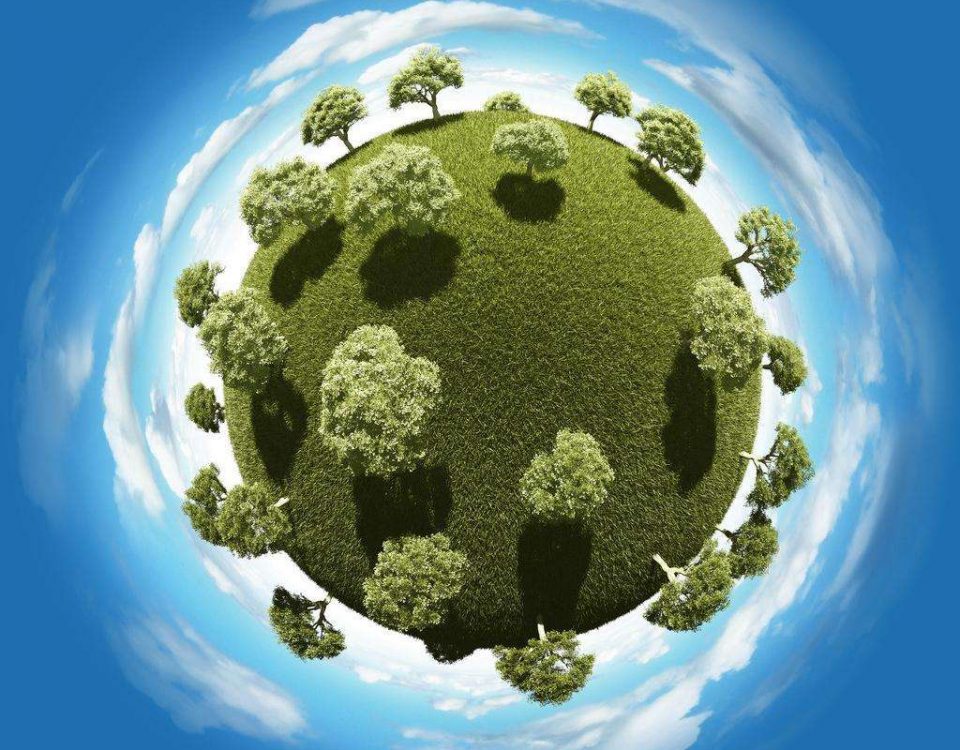- Welcome!
- 0792-8505900
- sales@keyuanbio.com
New French ban: Biodegradable ingredients of disposable plastic tableware reached 60% before 2025
New French ban: Biodegradable ingredients of disposable plastic tableware reached 60% before 2025

New French ban: Biodegradable ingredients of disposable plastic tableware reached 60% before 2025
According to foreign media reports, France has introduced a new law requiring all disposable tableware to contain at least 50% biodegradable ingredients by 2020, which can be easily decomposed at home. By 2025, this proportion will reach 60%. Since then, France has become the first country in the world to ban disposable plastic cups and plates throughout the country.
To mitigate the impact of climate change, France introduced the Green Development Energy Transfer Act last year, with remarkable results. France’s recent move is intended to make better additions to the previous bill.
France wants to be a world leader in environmental protection and energy solutions, and the climate change conference held in Paris last November was a great catalyst.
According to the French Association for the Healthy Environment, 150 disposable cups are discarded every second in France – a year-round figure of 4.73 billion. Only 1% of the cups are recycled, mainly because they are made of polypropylene and polystyrene.
With the prohibition of plastic cups and plates, it is not just applause, but some people are a little unhappy.
A well-known European food packaging manufacturer, Pack2 Go Europe, on behalf of their industry associations, said France’s move violated EU laws on the free flow of goods. The manufacturer asked the European Commission to block France’s actions and, in consultation with several lawyers, planned to oppose the new French law through legal channels.
“Want to find a packaging that not only meets the stringent food hygiene requirements, but also meets the needs of consumers, and is convenient for smooth degradation in China… There is no such thing now, “said Bates, the Secretary General of a Brussels agency.
Bates further said, “we do not object to biodegradable plastic products, nor do we object to new products. But our industry is opposed to the measures imposed on us, especially the analysis of the current product life cycle, which does not support any environmental protection.
There is a debate between science and manufacturing about whether environmentally friendly plastic products are greener than other options. Can a country run entirely on renewable energy?
Researchers at Wageningen University in the Netherlands have found that although bioplastic products are the most viable material choice for oil-based materials in the future, we need to adopt more energy-efficient production processes to demonstrate their value.
Jose Gore Lena, Royall, Minister of energy for sustainable development in France, is the hero of the new law.
Her green development plan, based on 1990 data, aims to reduce landfill waste by half by 2025 and greenhouse gas emissions by 40% by 2030.
In July this year, France had stipulated that all supermarket receipts should not use light plastic bags. The measure has been implemented in several countries.
In 2002, plastic bags clogged Bangladesh’s drainage system during a flood, and Bangladesh became the world’s first country to ban plastic bags. Subsequently, some states of the United States, South Africa, Kenya, China, Rwanda and Mexico followed suit.
Retailers in Britain and New York charge a certain fee for customers who use plastic bags. Ireland began charging 0.17 pounds per plastic bag in 2002, and now it is up to 0.22 pounds. The number of plastic bags per person decreased from 328 in 2002 to 14 in 2014.
Scientists estimate that about eight million tons of plastic waste was discharged into the ocean in 2010. Scientists warn that the figure could grow tenfold if further measures are not taken worldwide to manage waste.

